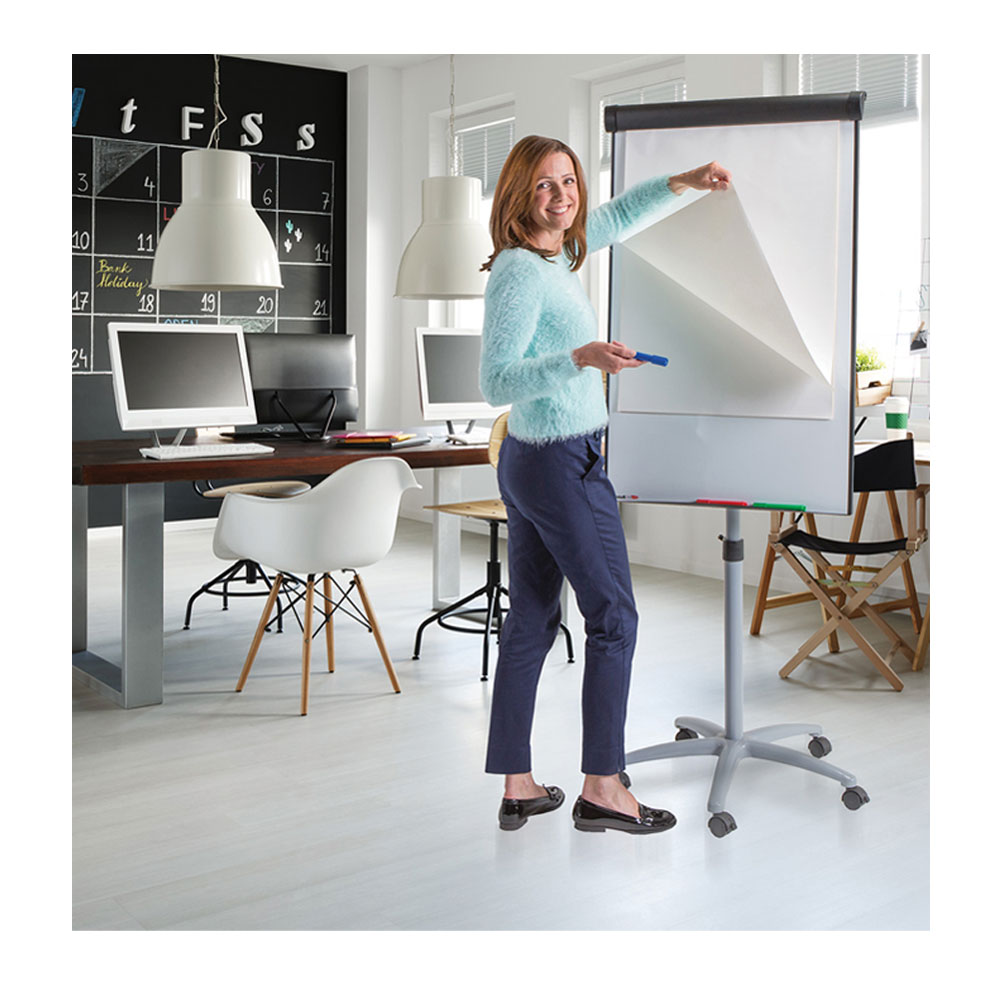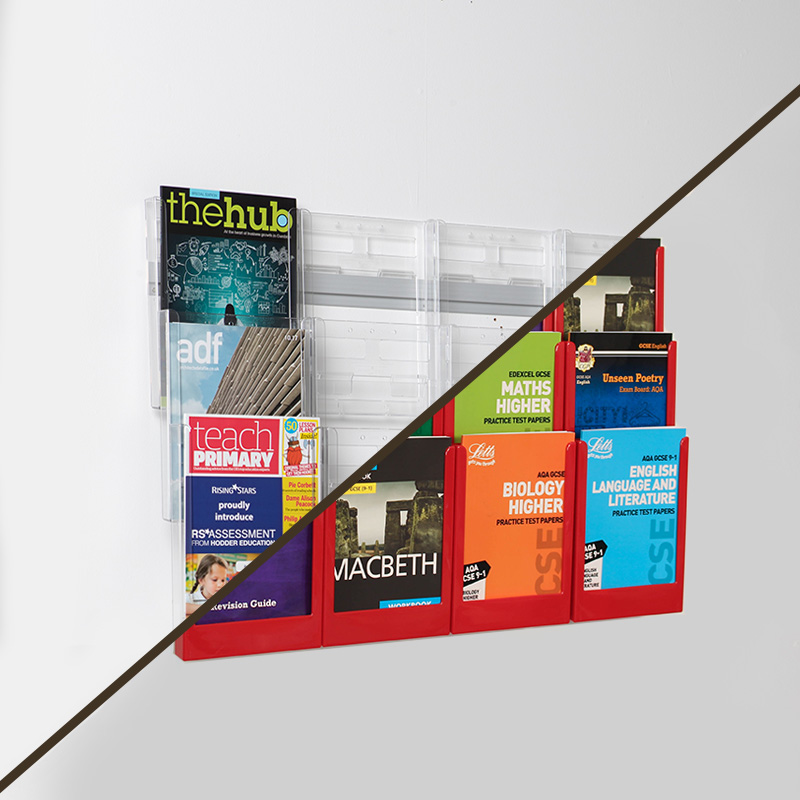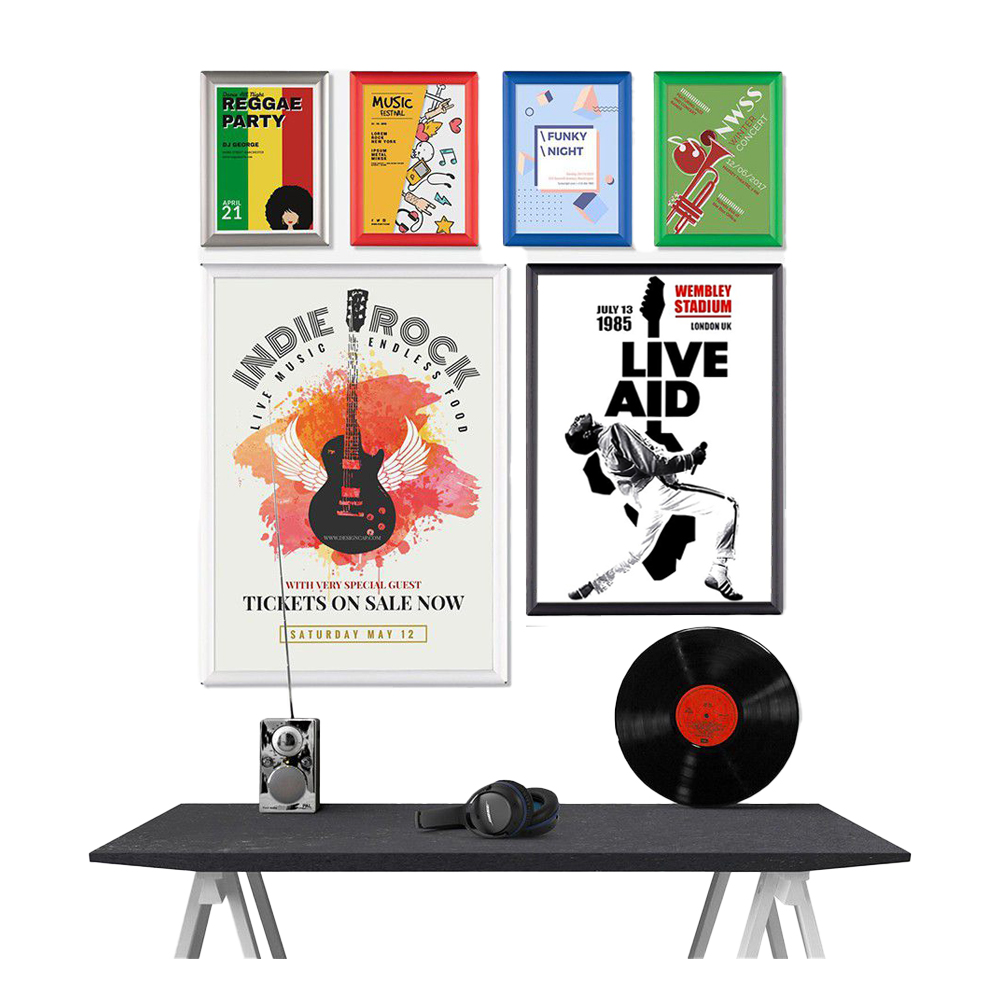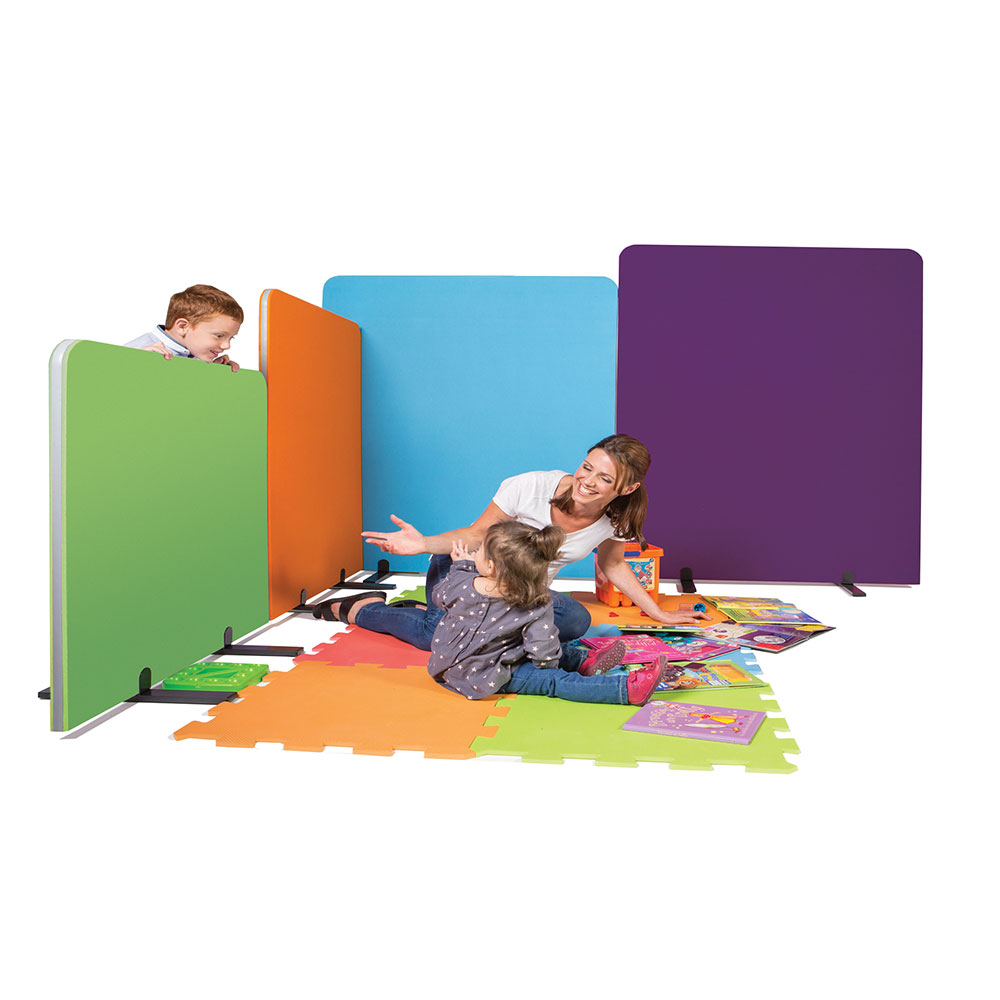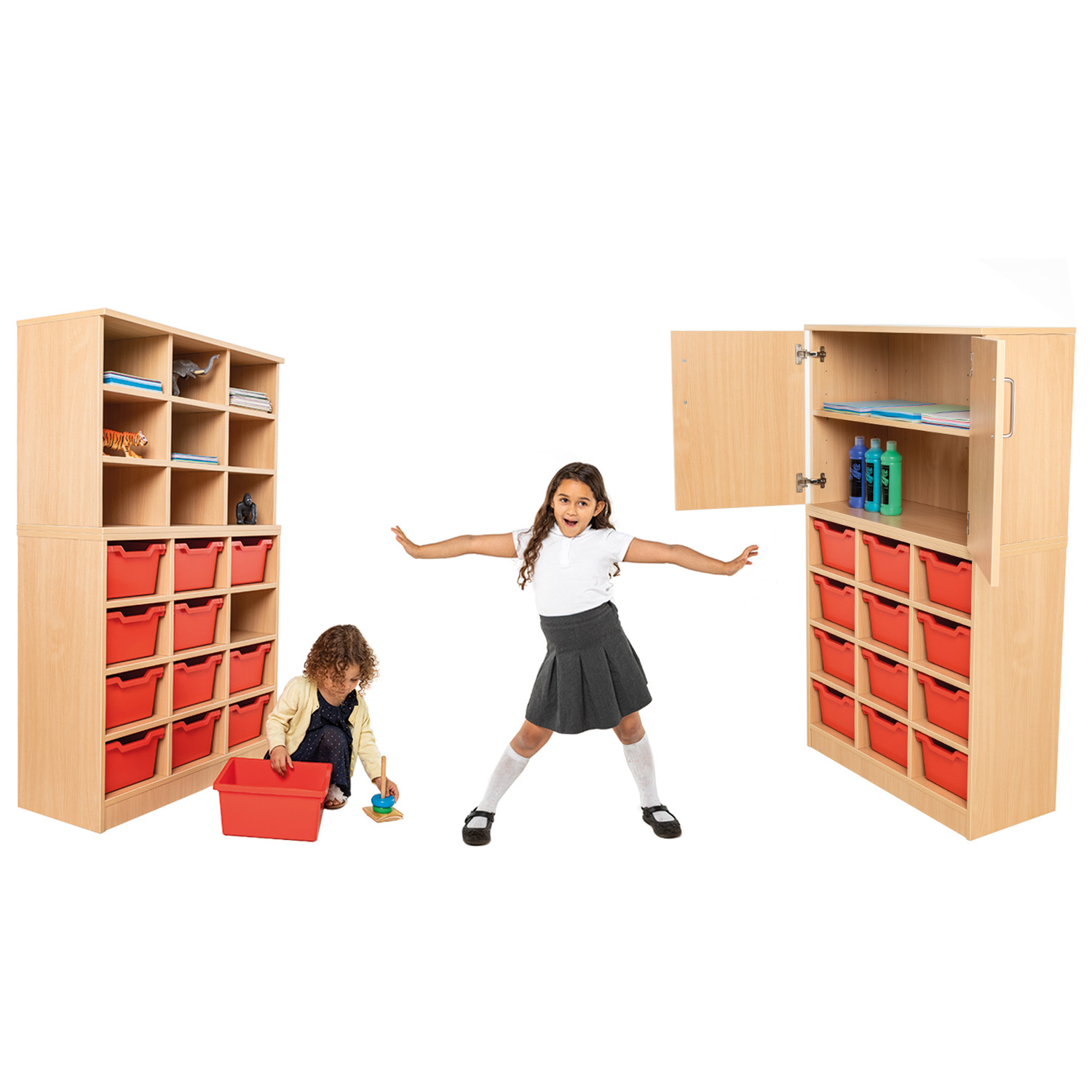School Play Equipment Every Teacher Should Consider
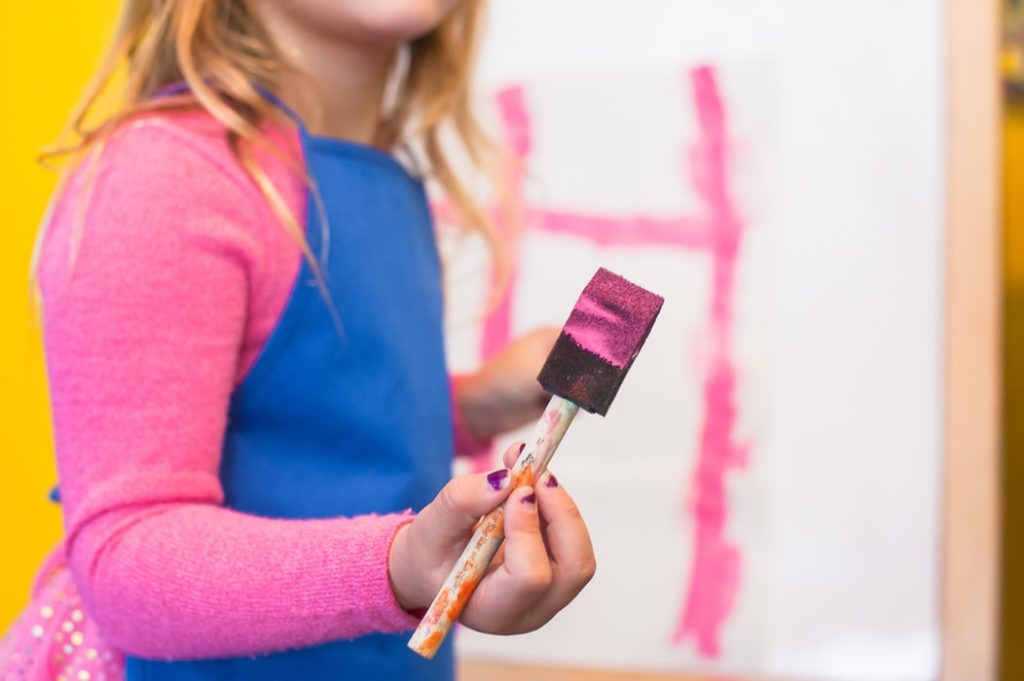
The need for play as a child is inbuilt within us, and the idea of play being deducted would send our worlds into meltdown. Play allows children to open their minds and create impromptu situations using their imagination.
Not only this, but play has been proven to contribute significantly to their learning and development, with a study showing that four in five adults believing that play time helped to teach them valuable life lessons. And where do children spend the majority of their early years? At school.
Who’d have ever thought smashing a new playground skipping record would have such implications for later life? Follow this article for benefits to play, and the best school play equipment for getting the most out of children.
Not only this, but play has been proven to contribute significantly to their learning and development, with a study showing that four in five adults believing that play time helped to teach them valuable life lessons. And where do children spend the majority of their early years? At school.
Who’d have ever thought smashing a new playground skipping record would have such implications for later life? Follow this article for benefits to play, and the best school play equipment for getting the most out of children.
Why is play so important for children?
Play is not just a recreational activity for youngsters, there are huge implications for learning. Through play, children enhance their cognitive, physical, social and emotional well-being. This includes boosts to self-esteem and their confidence through the learning of new skills. They also learn skills of resilience through problem solving activities, risk taking and their approach to unfamiliar situations.
Notably, at school friendships are often formed or strengthened through play, where children learn about sharing and teamwork. Play is essentially a child’s workplace where they are constantly exposed to new situations and problems, and work out the best way to solve each task while keeping all parties happy.
Outdoor vs Indoor School Play Equipment
Notably, at school friendships are often formed or strengthened through play, where children learn about sharing and teamwork. Play is essentially a child’s workplace where they are constantly exposed to new situations and problems, and work out the best way to solve each task while keeping all parties happy.
Outdoor vs Indoor School Play Equipment
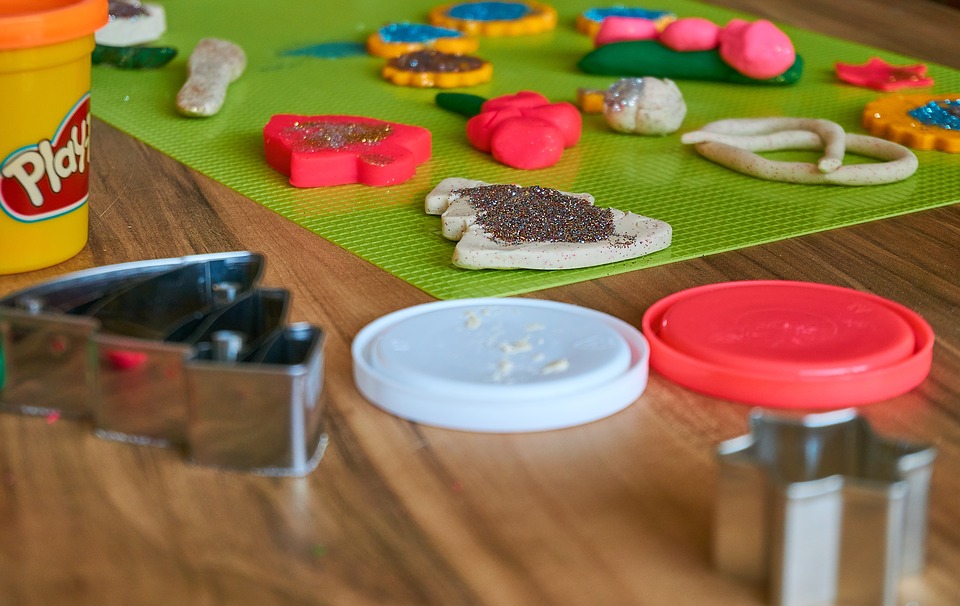
Outdoor play has been historically instrumental in children’s school life. We can all cast our minds back to highly-competitive games of tig, returning to the classroom looking dishevelled from the hustle and bustle of the playground.
Encouraging children outdoors lets them blow off some steam before returning to learning, and being more engaged in the time that they are learning. Outdoor play is also great for letting a child be more experimental – outside has more space, therefore more space for pop up Cafes, Restaurants, Vets, you name it.
Getting children outside also enables them to soak in some good old vitamin D, contributing to healthy bone development and a boosted immune system.
Indoor Play
Role Pay
Encouraging children outdoors lets them blow off some steam before returning to learning, and being more engaged in the time that they are learning. Outdoor play is also great for letting a child be more experimental – outside has more space, therefore more space for pop up Cafes, Restaurants, Vets, you name it.
Getting children outside also enables them to soak in some good old vitamin D, contributing to healthy bone development and a boosted immune system.
Outdoor play areas are great for children to be left to their own devices to explore. With multiple features on each frame, children and their infamously short attention span even have a hard time finding fault. As well as this, fine motor skills are developed, along with coordination, risk-taking and an increased sense of adventure. Giving children access to such a facility will give them perceived freedom and time to let loose before returning to the classroom.
A large benefit of outdoor play is the element of simplicity. Children are instinctively drawn to the natural elements and will find their own way before you’ve even blown the playtime whistle. An interesting 29% of adults reported that they regularly concocted their own games in the playground. This will do wonders for a child’s creativity and imagination, not to mention the social benefits this brings and how each child fits into their imaginary story.
Indoor Play
Although outdoor play speaks for itself, indoor play is equally as important for children. And taking the English weather into account, there will be some days when even warm coats and hard-faced attitudes won’t save play time.
Role Pay

Let’s face it, we’ve all taken on the greedy shopkeeper role at some point, punching random numbers into a plastic till machine in an egocentric manner. Role play is essential for children, allowing them to develop their confidence, creativity, communication and problem-solving.
During role play children are making sense of the world around them and interpreting scenarios in their own way. This could range from occupational role play, to situational such as a camping trip away to seasonal such as nativity events.
Role play can be a supervised activity, or child-led which will encourage children to take risks and go with their own intuition in various situations.
Playdough play
During role play children are making sense of the world around them and interpreting scenarios in their own way. This could range from occupational role play, to situational such as a camping trip away to seasonal such as nativity events.
Role play can be a supervised activity, or child-led which will encourage children to take risks and go with their own intuition in various situations.
Sand and Water Play
Sand and water play is very important for children. Firstly, during play they are developing crucial motor skills, hand-eye coordination and strengthening their muscles. Along with physical development, children are encouraged to get creative and come up with all kinds of elaborate structures.
Sand and water play is a very inclusive activity for children, and during this time they will develop social skills such as turn-taking but also language skills. Also, through working together and achieving a goal such as building a sandcastle will give children a great accomplishment that they can share together.
Sand and water play is a very inclusive activity for children, and during this time they will develop social skills such as turn-taking but also language skills. Also, through working together and achieving a goal such as building a sandcastle will give children a great accomplishment that they can share together.
Working with children and their unpredictable natures can be trying at times. Sand and water play is a soothing activity that will allow them to go into their own worlds, and thankfully take the heat off you for a while.
Playdough play

For many of us growing up, memories of playdough are permanently burned into our memories, along with the salty odour that lingered on your hands. Playdough is brilliant for keeping children entertained.
Not only this, but children are developing their fine motor skills through exploring the malleable properties of the dough and what they can manipulate it into. They are also building strength in their hands, easing them into the transition of pencil and scissor use for later key stages.
Not only this, but children are developing their fine motor skills through exploring the malleable properties of the dough and what they can manipulate it into. They are also building strength in their hands, easing them into the transition of pencil and scissor use for later key stages.
Although a very simple activity, playdough is able to be squashed, rolled, flattened, chopped, sliced, and poked, each contributing to a child’s development in different ways. Adding other objects to playdough play simply enriches the task for children, such as pasta shapes and buttons for a multi-sensory experience.
Using objects from the great outdoors will also help children get a grasp on the world around them. Playdough play can also lead to imaginative play, because why can’t playdough make for a yummy pizza? Or sweeties in a confectionery shop? The opportunities for imagination are limitless.
Using objects from the great outdoors will also help children get a grasp on the world around them. Playdough play can also lead to imaginative play, because why can’t playdough make for a yummy pizza? Or sweeties in a confectionery shop? The opportunities for imagination are limitless.


